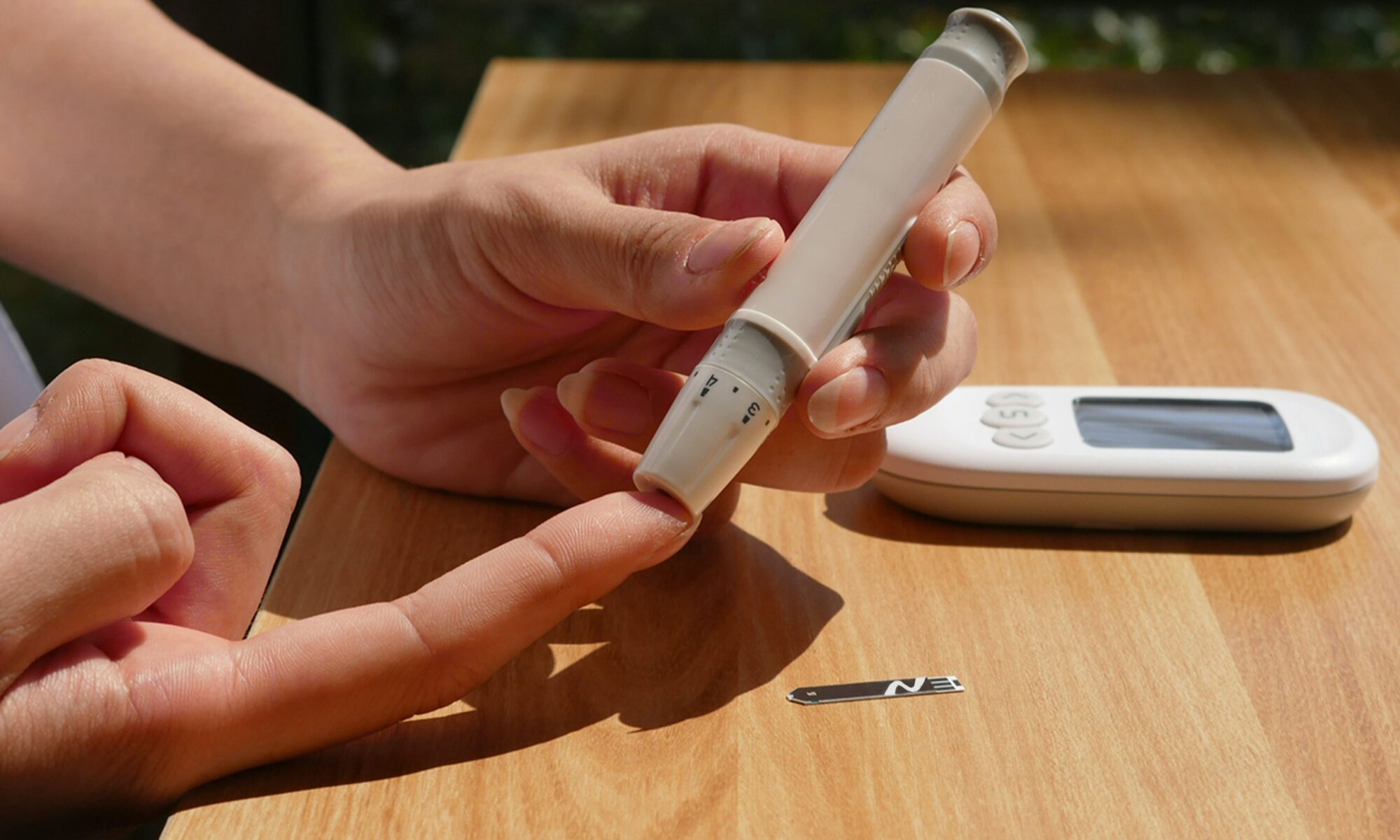One trend that researchers have noticed in type 1 diabetes (T1D) is that individuals with this disease tend to have some level of vitamin D deficiency. This impacts vitamin D receptor (VDR) expression, which may contribute to the development of diabetes.
A recent study found that higher levels of VDR may actually protect insulin-producing pancreatic beta cells and preserve some of their mass and function. They also found that as circulating glucose levels decreased, so did VDR levels. Maintaining a stable level of vitamin D may help counteract the disease.
Researchers are investigating the potential effectiveness of using vitamin D supplements as a prevention and treatment strategy for type 1 diabetes, and it may be beneficial for type 2 diabetes as well. They need to develop a clearer understanding of the negative regulation of VDR in individuals with the disease and how to improve VDR levels to a point where they would be more protective.
This study was conducted on mouse models, so it would need to be tested in humans as well to see if the same findings are true. However, this could be a step toward proactively reducing risk of T1D and protecting insulin-producing beta-cell function and mass. Researchers are continuing to learn more about VDR expression and its relationship to diabetes.
Diabetes Research Connection, though not involved with this study, is committed to supporting early-career scientists pursuing novel research on type 1 diabetes in order to expand the body of knowledge and help prevent or cure the disease in addition to reducing complications and improving quality of life for those living with the disease. Scientists are learning more every day. To support these efforts and find out more about current projects, visit http://localhost/drc.




